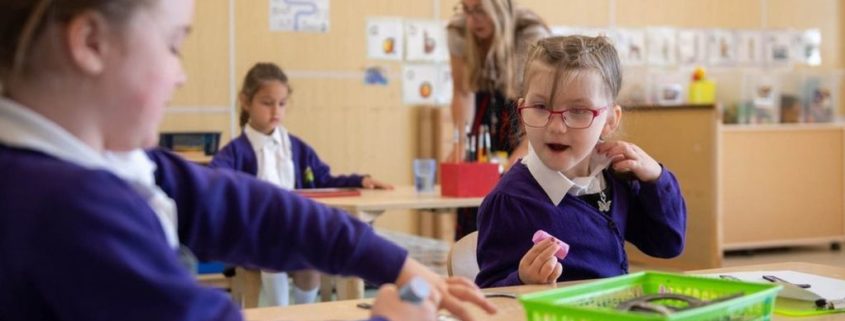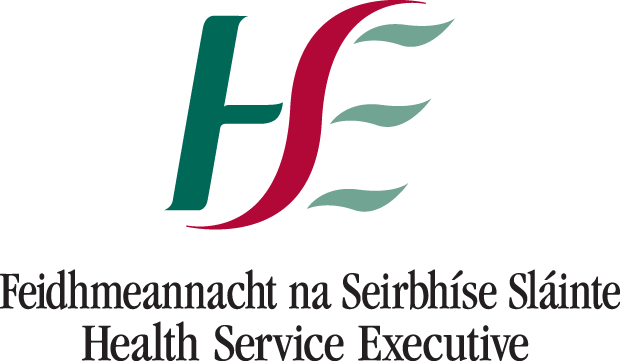
Some tips to support you and your family
Getting children back to school is not only a key priority for government now but for most parents too. Come September many children will have spent six months full time with parents, acting as teacher, childminder and Mum/Dad. Children mostly do want to get back out into the world, see their friends, get back to activities they love and get away a little from parents.
There is of course anxiety around children going back to school, for parents, for children and for the government. However by failing to return children to school we may actually be putting them at risk of other factors which will be long lasting, when covid-19 will be a memory only.
Of course when children go back to school there is a concern that infection rate or the R Rate that we hear about will rise however there is a lot of disagreement about the degree to which children present risk of spread. Some estimate that the effect of children in school is minimal compared to other social distancing efforts. Some research has shown that school closure has a 2-4 % rate of decreasing deaths during the pandemic. It is believed that children are half as likely to become infected as adults and are much less likely to spread the infection than adults.
Whatever we look at and whatever we believe most of us know that our children are suffering from being out of school. Not in the sense of hardship but they really miss what school offers to them. Many children have been less physically active, sleep patterns are for many gone out the window. Routines around healthy eating slipped away as we stayed at home for longer and longer. Some children rely on school for social engagement, interaction with others and a break away from a stressful home.
During lockdown many children have had excessive screen time, we all allowed it so no one to blame. What else could we do? Many children have become a little lethargic, having adapted to the slower pace and little routine to get in the way of it. Life in ways was easier but in many other ways children and parents have been challenged. We coped really well at the start, we started to run low on reserves by May and saw more challenging behaviours in both us as parents and our children .We are coping now again as the light at the end of the tunnel is in view with back to school, crèche and some level of normality getting nearer.
However, many children and parents are feeling isolated, lonely and as a result are experiencing anxiety and depression. This will of course add to the challenge of getting children back out into the world this autumn, back in the routines that support structure and balance and with these finding ways to manage the anxiety and see that life will go on after a pandemic. We are not through it yet but we are now at a stage where we have to find safe ways to live safely with covid-19.
The following tips might support you and your children as you prepare over August for a return to school and office based work in the autumn:
- Early August – have a family meeting. Talk about how you are enjoying the summer so far. Are there things you would like to do before summer ends? Make a plan. Then talk about what worries you might have or questions you have around what happens in September? As a parent, make the list with your children, thank them for adding to it and then agree to meet again next week.
- During the week consider what your children want to do in the weeks that are left before school and consider what worries and questions they brought up at the meeting. My children asked me, ‘what if there is no after school club who will mind us when you are working?’; ‘will there play time in the yard?’ What are they really asking me.. who will mind us, will you be here Mum to look after us? Will school be fun if there is no play time in the yard?
- Arrange your second meeting and talk with your children about the questions. Have a big sheet of paper, the full size of the table and write down one of the worries. Now ask ‘what can we do with this?’ Allow the children to talk about it and see what solutions they find and then you add in your bit. Allowing them to talk will help you to unpack the worry and really get to the core of what the issue is. If you jump in and fix you might never know what the worry is and then you need to consider can the FIX IT work if you didn’t know what was broken?
- Now you offer an idea to the family meeting – Routines – how can we get some routines back in place in our home? What should we work on? You might think bed, they might have other ideas. Go with what works, if you get routine back in place on one area this will ripple effect on other areas and you can build on it. Reward them with praise for working on this with you. Give them an example of something you are going to get back on track with for you.
- Hopefully you will have agreed to go out and about a little over the summer. Use this as an opportunity to talk about hand washing, keep your hands off your face, social distancing (what your child can take on for their age) and masks. Get some nice masks in and get use to wearing them, spraying your hands when out at the playground. This will all support them to see this as the norm when they go back into school. Make it the new Normal for out and about.
- I won’t go back to school – for some parents this will be a real challenge. Take time to talk with your child about what the issue really is and what their plan is. If they are still in primary, what is it about school that they are worrying about? There may be some things you can talk with school about and resolve. For teens, what is the plan if they don’t go back? What is going to be hard, what worries them and how can you support them to take one step at a time and break it down.
- Find out as much as you can from school in advance to returning – are there arrows to help children know if there is a one way system? What will play time look like? Can children have zoom sessions to support social engagement if children are split from friends with changes to class groupings? Where will the parents be when the bell rings? Many children and parents manage anxiety by knowing the facts – get the facts as soon as you can!
- In your next family meeting, talk to your children specifically about going back to school and crèche – tell them what you know about the changes and talk that through. See what they like and don’t like. What seems to upset or worry them? Can you get more information? Can you talk to the school? Then do something nice as a family so you are not dwelling on this – you have the information and now you need to see what is next. One child might need more support than another for example.
- Lastly look after yourself; you are the architect of your family. If you are feeling optimistic about back to school, crèche, community life. If you are saying there will be challenges but we are a strong family so therefore we will resolve them as they arise then your children will mostly row with you.
- Examine your worries first and try to get support around them so they are not been passed onto children or that your children know you might be an easy target – a little worried, a small push and they have you!
For further Support
Call Askonefamily Helpline 01-662 9212 email: info@onefamily.ie
Facebook:
















